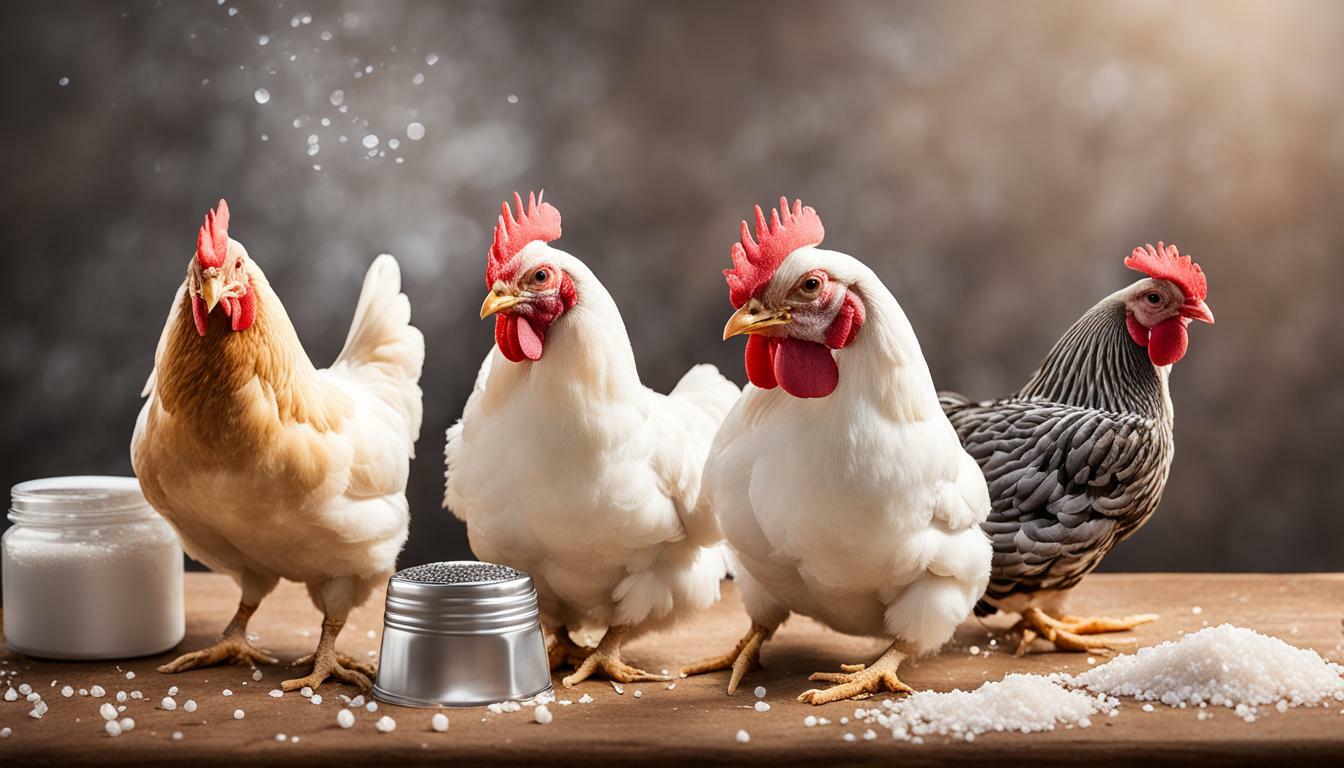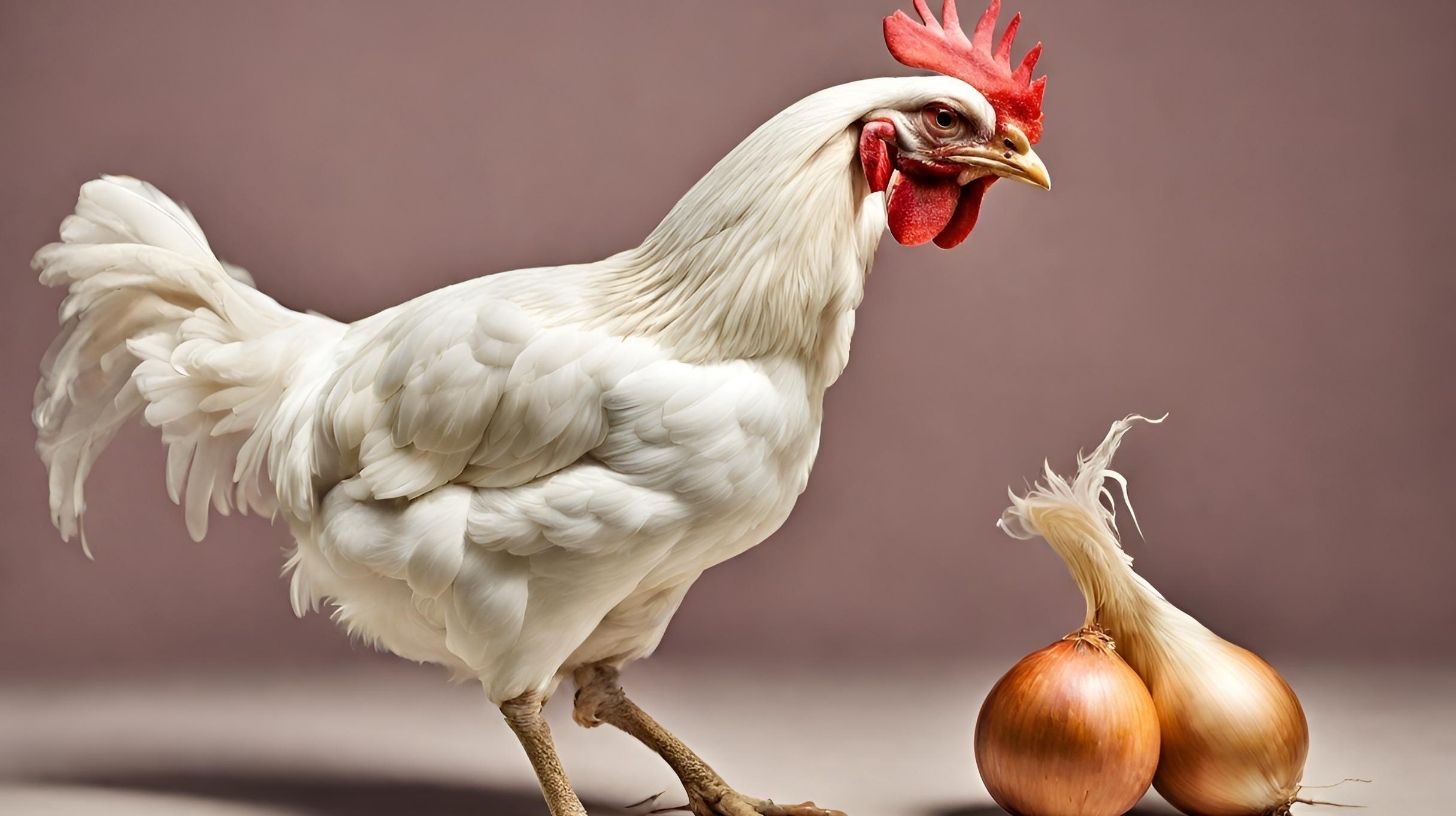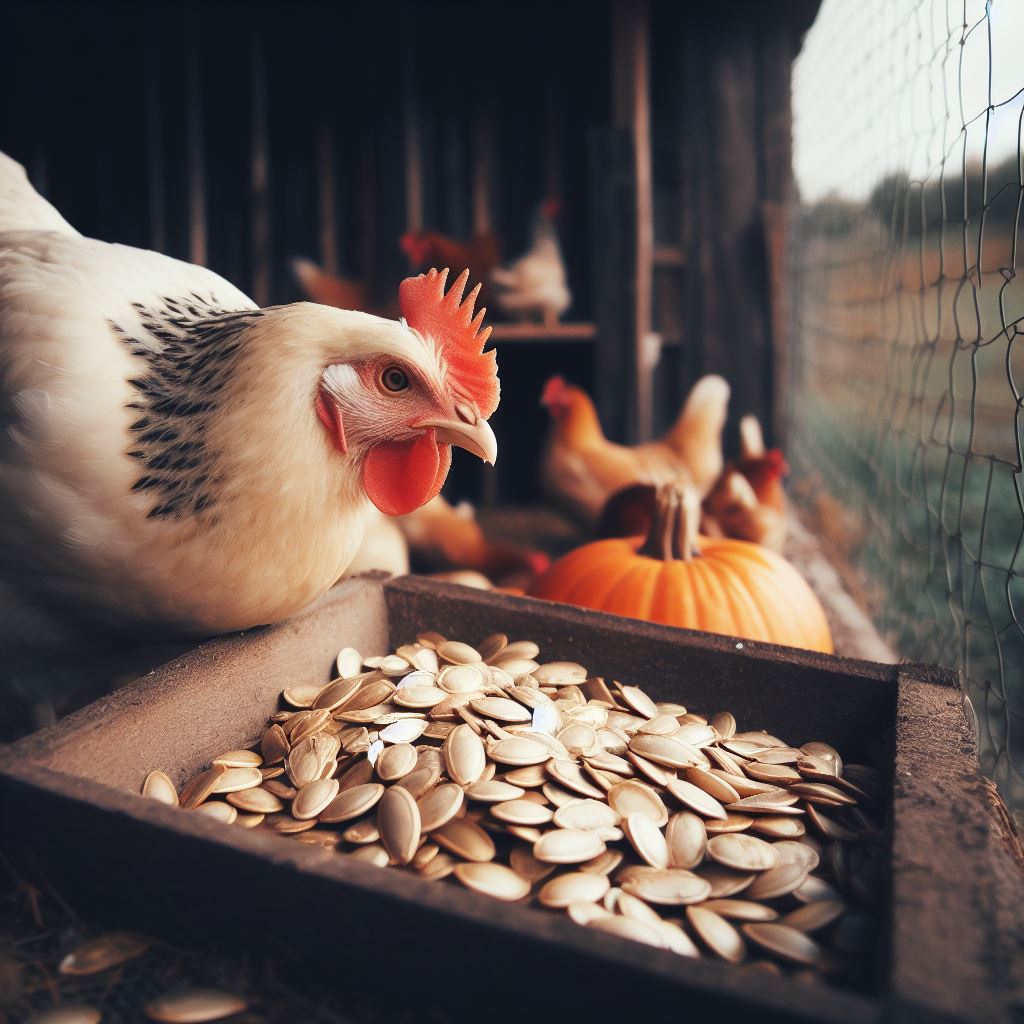Can Chickens Eat All Stock Feed? The Complete Guide for Owners

Table of content:
Raising backyard chickens is becoming increasingly popular. With more chicken keepers comes more questions about what chickens can and cannot eat. One common question is: can chickens eat all stock feed intended for other farm animals?
The short answer is no, chickens cannot eat just any type of stock feed. While there may be some overlap in ingredients, most stock feeds are specially formulated to meet the nutritional needs of specific livestock. Feeding the wrong feed to chickens can lead to nutritional deficiencies and health problems.
However, chickens can safely eat certain stock feeds in moderation. Here’s what you need to know about feeding chickens alternative stock feeds.
Can Chickens Eat Layer Pellets?
Layer pellets are a complete feed formulated specifically for egg-laying hens. They contain higher levels of calcium and nutrients important for egg production.
Most pullet starter feeds and layer feeds contain between 16-20% protein, 3-5% calcium, and 0.5% phosphorus. They also contain added vitamins and minerals.
So can chickens eat layer pellets intended for other poultry species? Generally yes, but feed labels should always be checked first.
For example, chickens can safely eat turkey or duck layer feed. But the protein, calcium, and phosphorus levels may differ slightly between chicken, turkey, and duck feeds.
As long as the ratios are similar and meet the nutritional requirements of chickens, layer feeds for other avian species can be fed to chickens without issue.
Can Chickens Eat Goat Feed?
Goat feed typically comes in two main types:
- Grain-based feeds with added vitamins and minerals
- Pelleted feeds with roughage sources added
The ingredients in goat feed are suitable for chickens. Goats and chickens have similar nutritional needs when it comes to protein, carbohydrates, vitamins, and minerals.
However, standard goat feeds may be lacking in calcium since goats do not require as much calcium as laying hens. For that reason, layer feeds are still a better option for actively laying chickens.
Goat feed can be fed to meat chickens as it provides protein for growth and muscle development. But the lower calcium content makes it less ideal for long term feeding of laying hens.
Overall, chickens can eat goat feed in moderation to supplement their main diet. But goat feed should not completely replace balanced layer rations formulated specifically for hens.
Can Chickens Eat Cow Feed?
Cow feeds come in a wide variety of forms from roughages like hay to grain mixes to pelleted feeds. Certain cow feeds are safe for chicken consumption while others are best avoided.
Here are some common cow feeds and whether chickens can eat them:
- Grain mixes – Yes, chickens can eat cow grain mixes in moderation. The grains, protein sources, vitamins, and minerals are safe for chickens.
- Calf manna – Yes, this is a pelleted grain feed for calves that chickens can also eat. It is nutritionally balanced for young growing cattle similar to broiler feed for meat chickens.
- Hay – Chickens can eat hay and grassy roughages, but they gain little nutritional value from fiber since they do not digest it efficiently. Provide as a treat only.
- Silage and fermented feeds – Avoid feeding silage, fermented grains, or moldy hay to chickens due to safety concerns.
Overall, cows and chickens have very different digestive systems. While chickens can eat small amounts of certain cow feeds, they are best suited to complete feeds designed for avian species. Chicken feed provides a balanced diet without excess fillers chickens cannot use.
Can Chickens Eat Horse Feed?
Horse feeds typically deliver energy, protein, vitamins, and minerals in a palatable grain-based form. Common feeds include:
- Oats
- Corn
- Barley
- Wheat bran
- Beet pulp
- Soybean meal
- Molasses
- Added nutrients
These ingredients are safe for chicken consumption. The biggest difference is that horse feeds are high in carbohydrates and low in calcium.
Laying hens have a particularly high demand for calcium to produce eggshells. They also need precise protein levels to maintain healthy egg production.
For these reasons, horse feed makes a good occasional supplemental treat for chickens but not a complete diet. It lacks the nutrients laying hens need for optimal egg production and shell quality.
On the other hand, growing meat chickens have lower calcium needs and higher energy demands. In a pinch, meat chickens can subsist on horse feed for short periods of time.
Look for horse feeds with at least 12% protein, low iron, added vitamins, and minerals. Limit horse feed to no more than 10-20% of the total diet.
Can Chickens Eat Rabbit Food?
Rabbit feeds come in two main forms – pellets and mixes. Rabbit pellets are formulated to meet all the nutritional needs of rabbits. Chicken feed is also typically in pellet form, so can chickens eat rabbit pellets?
The answer is yes, in moderation. Rabbit and chicken pellets have similar ingredients like grains, protein meals, and added supplements.
However, rabbit pellets tend to be higher in protein, calories, and calcium compared to laying hen feeds. Too much protein and calcium can negatively impact hen health and egg laying.
Therefore, limit rabbit pellets to occasional treats. Never exceed 10-20% of the total diet.
The same applies to rabbit food mixes containing grains, nuts, seeds, and dried veggies. These can be offered free-choice as supplemental treats. But the lower protein and calcium make it unsuitable as a sole ration for chickens.
Can Chickens Eat Pig Feed?
Pig feeds are high energy, protein-packed rations designed to promote fast weight gain in growing pigs.
Standard swine feeds contain around 16-20% protein in the form of soybean, canola, or pea meals. Corn, wheat, barley, and oats provide carbohydrate energy. Vitamins and minerals are added to balance the ration.
A typical chicken starter feed contains 20% protein as well for rapid growth of broiler chickens. The nutrient ratios are fairly similar.
Therefore, broiler chickens can safely eat pig feed. The high protein and energy support lean muscle growth.
However, swine feed is too high in protein, calories, and minerals for mature laying hens. Excess protein gets converted to nitrogen and excreted in manure. The extra phosphorus and calcium can also lead to renal damage and reproductive issues.
Limit pig feed to growing meat birds only. Laying hens should stay on balanced layer rations to maintain health and productivity.
Can Chickens Eat Sheep Pellets?
Sheep feeds typically come in pellet or textured form. Sheep pellets contain grassy roughages, molasses, and added supplements.
Here’s how the nutritional profile of sheep pellets compares to chicken feed:
- Protein: 16-18% (similar to broiler feed)
- Fiber: 16-28% (too high for chickens)
- Calcium: 0.8-1.2% (only suitable for growing chickens)
- Phosphorus: 0.2-0.4% (too low for laying hens)
Sheep pellets can be safely fed to meat chickens since their protein and energy needs are similar. The fiber content is also beneficial for maintaining digestive health.
But mature egg-laying hens have higher calcium and phosphorus requirements. Sheep feed does not provide optimal levels of these key minerals.
As an occasional supplement, chicken can gain nutritional variety from sheep pellets. But their flock diet should still consist mainly of balanced layer feeds.
Can Chickens Eat Dog Food?
Dogs are carnivores while chickens are omnivores. The nutritional composition of dog food reflects the differences.
Here’s how dog food compares to chicken feed:
- Protein: 18-30% (usually too high for chickens)
- Fat: 8-20% (too high for chickens)
- Carbs: 30-60% (adequate for chickens)
- Calcium: 0.6-1.5% (only suitable for growing chickens)
Dog foods also come in a wide range of formulations from dry kibble to canned to raw meat diets.
The bottom line is that chickens can eat certain dog foods in moderation, but there are some important cautions:
- Avoid feeding raw meat diets due to disease risks
- Do not exceed 10-20% of the total diet
- Ensure dog food is a complete and balanced product
- Limit high protein, fat, and mineral levels safe for chickens
- Do not feed to laying hens due to improper calcium levels
Overall, dog food can serve as an occasional treat. But chickens have very different nutritional needs that require specialized poultry feeds.
Can Chickens Eat Cat Food?
As with dog food, there are some distinct differences between cat food and balanced chicken feed:
- Protein: 26-40% (toxic levels for chickens)
- Fat: 8-20% (too high for chickens)
- Carbs: 25-40% (adequate for chickens)
- Calcium: 0.6-1.5% (only suitable for growing chickens)
Cat foods also tend to have added taurine, high vitamin D3, and higher mineral levels. These are required nutrients for cats but can be harmful in excess for chickens.
It is never recommended to feed cat food to chickens. At best, the improper nutrient balance can cause digestive upset, liver issues, kidney damage, and reduced egg production.
In the worst cases, toxicity from too much protein, calcium, vitamin D3, iron or other minerals can be fatal.
The bottom line is cat food is not safe for chickens. The nutrient composition is tailored specifically to meet feline nutritional requirements. Chickens should only eat balanced poultry feeds to remain healthy.
Final Thoughts
While chickens enjoy variety in their diet, feeding livestock feeds intended for other species is not recommended. Poultry have unique nutritional requirements for optimal health and productivity. Stock feeds formulated for cows, horses, pigs, and other farm animals do not provide the proper balance of nutrients chickens need.
At most, alternative stock feeds can be offered in very limited quantities as supplemental treats. But the bulk of the diet should come from complete feeds specifically formulated for chickens by species and age group.
Adult laying hens have the most precise nutritional needs. Meeting their requirements for protein, calcium, phosphorus, and other nutrients is key for maintaining egg production and shell quality long term.
The health and profitability of a backyard or commercial flock starts with feeding the right feed. While chickens may be tempted by other animal feeds, poultry feeds provide the best nutrition for birds.
Welcome. I’m Adreena Shanum, the proud owner of this website, and I am incredibly passionate about animals, especially poultry. I founded adreenapets.com as a labor of love, stemming from my desire to share my knowledge and experiences with poultry enthusiasts worldwide.




